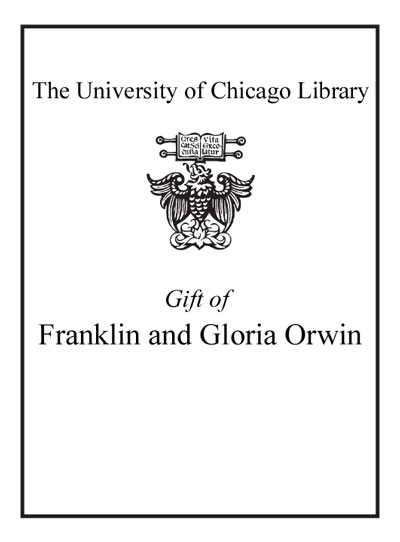| Summary: | This book presents a wide-ranging overview of Aristotle's political thought that makes him come alive as a philosopher who can speak to our own times. Beginning with a critique of subjectivist accounts of well-being, Kraut goes on to assess Aristotle's objective and universalistic account of eudaimonia and excellent activity. He offers a detailed interpretation of Aristotle's conception of justice in the Nicomachean Ethics, and then turns to the major themes of the Politics: the political nature of human beings, the city's priority over the individual, the justification of slavery, the defence of the family and property, the pluralistic nature of cities and the need for their unification, the distinction between good citizenship and full virtue, the value and limits of popular control over elites, the corrosive effects of poverty and wealth, the critique of democratic conceptions of freedom and equality, and the radically egalitarian institutions of the ideal society. Aristotle's political philosophy, as Kraut reads it, provides a model of the way in which a rich understanding of human well-being can guide the amelioration of a world in which agreement about the human good is rarely, if ever, achieved.
|
|---|

